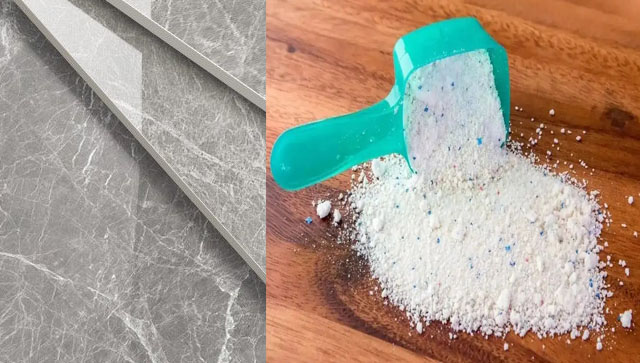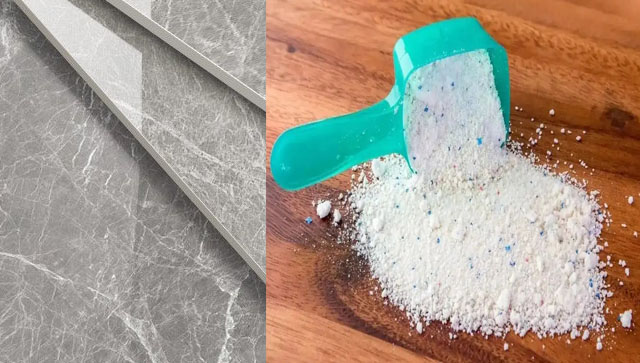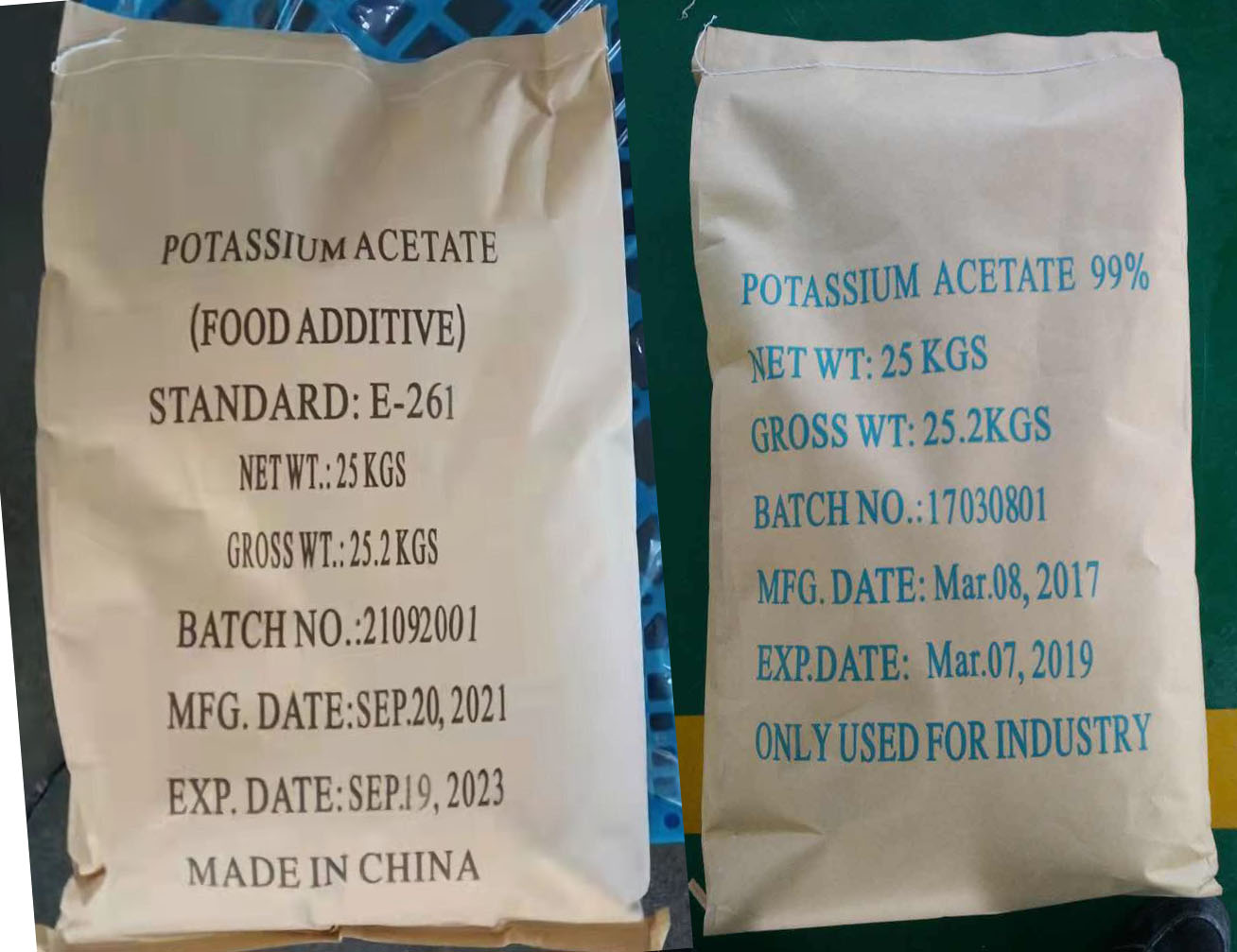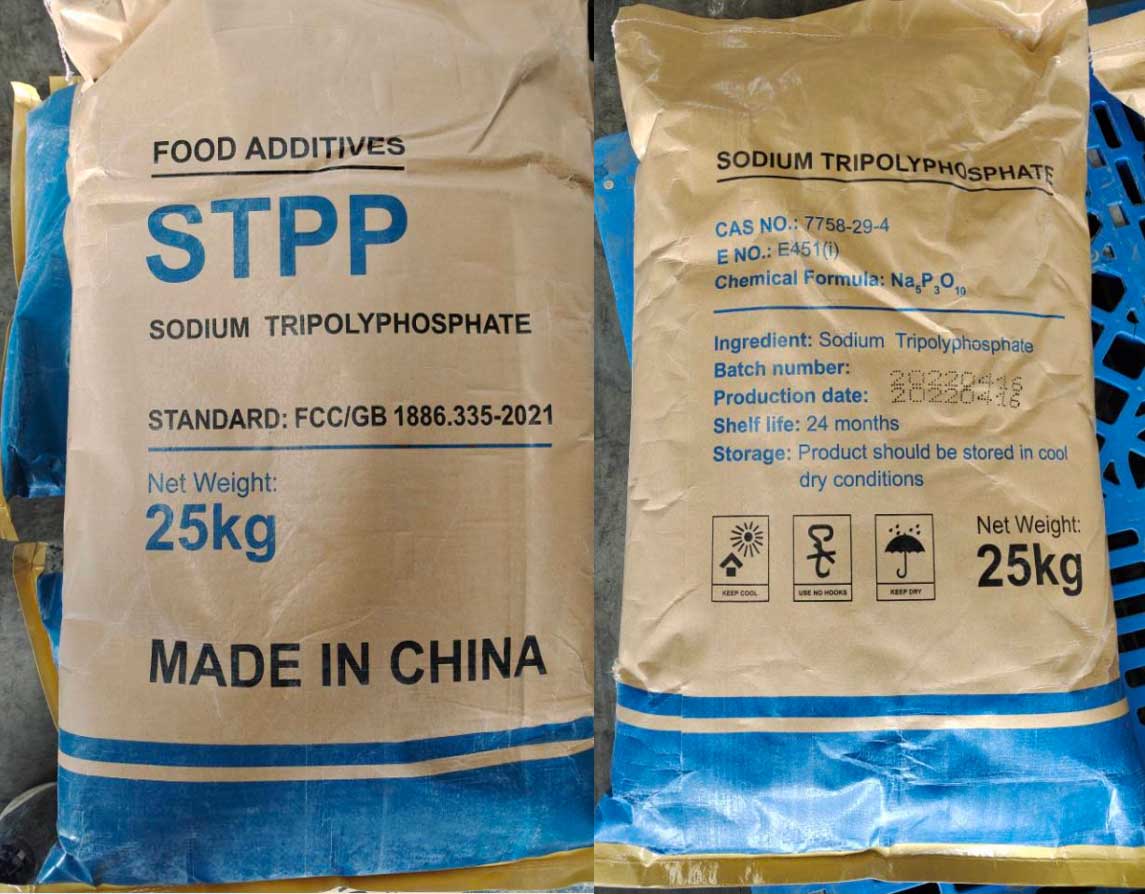EDTA Disodium (Disodium EDTA) – Comprehensive Overview
1. Basic Information
Chemical Name: Ethylenediaminetetraacetic acid disodium salt
Chemical Formula: C₁₀H₁₄N₂Na₂O₈
CAS Number: 139-33-3
Appearance: White crystalline powder or granules
Solubility: Highly soluble in water
pH (1% solution): Around 4–6
2. Working Principle
EDTA disodium is a strong chelating agent, meaning it can bind with metal ions such as calcium (Ca²⁺), magnesium (Mg²⁺), iron (Fe³⁺), and heavy metals. This prevents unwanted chemical reactions, such as:
Precipitation of metal salts (e.g., in hard water treatment).
Oxidation and discoloration (e.g., in cosmetics and food preservation).
Enzyme deactivation (e.g., in medical and industrial processes).
Chelation Reaction Example:
<math xmlns="http://www.w3.org/1998/Math/MathML" display="block">This reaction stabilizes products and improves efficiency in various applications.
3. Usage & Recommended Dosage
Water Treatment: Used at 10-100 mg/L to prevent scale and metal precipitation.
Cosmetics & Skincare: 0.01-0.1% as a stabilizer in lotions, shampoos, and creams.
Cleaning & Detergents: 0.1-0.5% in household and industrial cleaners to enhance cleaning efficiency.
Food Industry: 5-100 ppm as a preservative and color stabilizer in beverages, sauces, and canned foods.
Medical Use: Used in anticoagulants and detoxification treatments under controlled conditions.
4. Key Application Areas
(1) Water Treatment
Prevents scaling in boilers, cooling towers, and industrial water systems.
Softens hard water by binding with calcium and magnesium ions.
(2) Cleaning & Detergents
Enhances cleaning efficiency by neutralizing metal ions that interfere with surfactants.
Used in laundry detergents, dishwashing liquids, and industrial cleaners.
(3) Cosmetics & Personal Care
Stabilizes formulations in shampoos, creams, lotions, and soaps.
Prevents oxidation and extends product shelf life.
(4) Food & Beverage Industry
Used as a preservative and color stabilizer in processed foods, soft drinks, and canned goods.
Prevents metal-induced oxidation, improving product freshness.
(5) Medical & Pharmaceutical Uses
Used in blood anticoagulation to prevent clotting in laboratory samples.
Applied in chelation therapy to treat heavy metal poisoning.
5. Leading International Brands & Manufacturers
BASF (Germany) – One of the largest chemical producers supplying high-quality EDTA products.
Dow Chemical (USA) – Offers EDTA solutions for industrial, pharmaceutical, and consumer applications.
AkzoNobel (Netherlands) – Produces EDTA for water treatment and cleaning applications.
LANXESS (Germany) – Supplies high-purity EDTA for pharmaceuticals and cosmetics.
Nouryon (Netherlands) – Specializes in chelating agents for industrial and agricultural applications.
6. Conclusion
EDTA disodium is a versatile chelating agent with applications in water treatment, cleaning, cosmetics, food preservation, and medicine. Its ability to bind metal ions makes it essential for improving product stability, efficiency, and safety.




